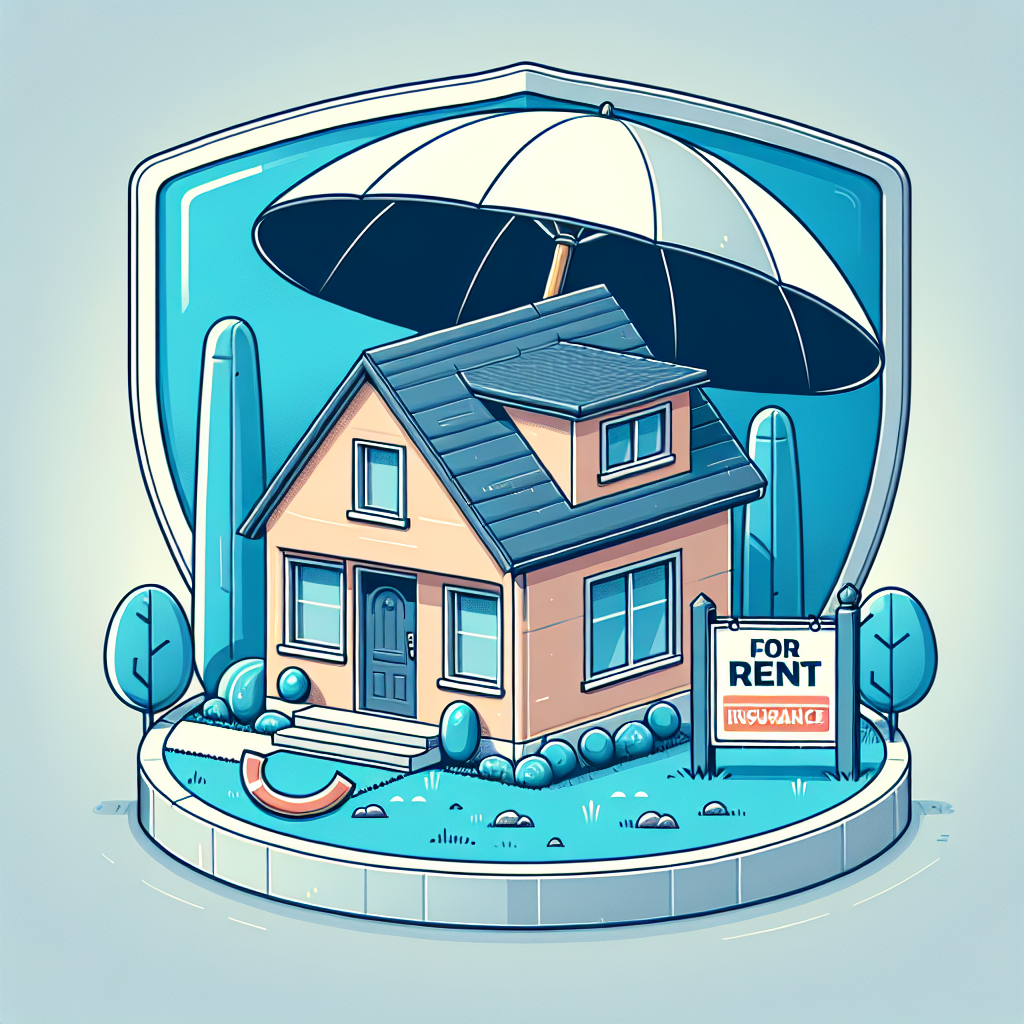Filed under Home Insurance on
Guide: Renting Your Home to Insurance Companies

Renting your home to insurance companies can unlock a consistent revenue stream and high-quality tenants, streamlining the property rental process. This lucrative niche brings an opportunity to earn a stable income while providing a solution for insurance companies seeking temporary accommodations for their policyholders. Understanding how to cater to this market is crucial in maximizing your rental potential. Here’s an in-depth guide on how to successfully rent your home to insurance companies while keeping it engaging for both search engines and readers.
Understanding the Insurance Housing Market
The first step to effectively renting your home to insurance companies is grasping the unique dynamics of the insurance housing market. Insurance companies often look for temporary housing solutions for their clients who have suffered property damage or loss. These clients require immediate, reliable accommodation while their homes are being repaired or reconstructed, which can range from a few weeks to several months, creating a well-timed opportunity for property owners to benefit from renting their homes.
The Demand for Insurer-Rented Properties
One predominant reason for the rising demand is the increase in natural disasters and accidental damages leading homeowners to file claims more frequently. As claims increase, so does the requirement for accommodating displaced families. Insurance companies prioritize hassle-free, comfortable housing solutions to ensure their clients remain satisfied during stressful times. This demand highlights a profitable opportunity for homeowners to offer their properties as a stable sanctuary for affected families.
Benefits of Renting to Insurance Companies
There are numerous advantages to pursuing this rental strategy, making it an attractive option for many homeowners.
Steady Income Stream
When you rent your home to insurance companies, you are tapping into a source of reliable income. Insurers typically cover rent payments directly, ensuring prompt and consistent financial returns. This arrangement eliminates the uncertainty surrounding rent payments, commonly encountered when renting directly to individuals.
High-Quality Tenants
Since the insurance companies are responsible for selecting tenants, the likelihood of hosting reputable and respectful tenants increases. Policyholders are often eager to return to their homes post-renovation, reducing the risks of long-term rental issues. Additionally, insurance representatives frequently vet and manage these tenants, further streamlining your responsibilities as a landlord.
Potential for Higher Rental Rates
This niche rental market often permits charging higher rental rates than traditional market prices. Insurance companies prioritize customer satisfaction, focusing more on the quality and location of accommodation rather than seeking the lowest price, allowing for competitive pricing strategies.
Preparing Your Home for Insurance Rentals
Your home must meet specific criteria to become an appealing option for insurance companies. Strategic enhancements and the right approach can set your property apart.
Focus on Quality
Insurance companies seek property rentals that offer comfort and convenience. Ensuring your home is well-maintained and presents itself as a high-quality dwelling is paramount. This includes modern appliances, clean and presentable furnishings, and essential amenities like high-speed internet.
Safety and Accessibility
Safety measures, such as smoke detectors, secure locks, and compliance with local safety standards, are non-negotiable. Additionally, ensuring your property is accessible, with amenities for disabled individuals, can broaden your appeal to potential tenants arranged by insurance companies.
Flexibility with Lease Terms
Being open to flexible leasing arrangements can increase the attractiveness of your property. Insurance companies appreciate readily available lodging with negotiable terms such as shorter lease periods or renewal clauses that accommodate the variable nature of insurance housing needs.
The Process of Renting to Insurance Companies
Once your property is ready, establish the right connections and follow the appropriate steps to engage with this niche market effectively.
Establish Connections with Insurance Companies
Develop relationships with local and national insurance firms. Networking with property managers and insurance adjusters can facilitate direct referrals. Attend industry events or join dedicated platforms where you can list your rental as an option for insurers. Consider signing up with property listing services known for catering to insurance housing, expanding your reach.
Create a Professional Online Presence
Having a professional and compelling online presence is essential. Craft a polished, informative website or listing that showcases your property’s features, amenities, and vicinity to essential services. High-quality visuals, virtual tours, and testimonials from previous clients can enhance your credibility.
Engage Professional Property Management
If managing a rental yourself becomes overwhelming, consider engaging property management professionals. They can help coordinate between you and the insurance agents, manage tenant-related issues, and handle logistical challenges, ensuring smooth operations.
Legal Considerations for Insurance Rentals
Understanding the legal framework surrounding this arrangement can protect your interests and help avoid potential pitfalls.
Lease Agreement Specifics
- Ensure lease agreements are detailed, stipulating tenant responsibilities, rental terms, and payment conditions.
- Consult with legal professionals familiar with insurance rentals to safeguard your property and financial interests.
Insurance Coverage
Evaluate your homeowner’s insurance policy to confirm adequate coverage when renting to third parties via insurance companies. Supplement existing insurance if necessary to safeguard against potential damage, liability claims, or loss.
Compliance with Local Laws
Familiarize yourself with applicable tenant-landlord laws and regulations in your area. These can vary significantly and may influence terms you can legally enforce in rental arrangements.
Maximizing the Success of Your Insurance Rental
Implementing strategic measures can enhance tenant satisfaction and extend your reach within this rental market.
Consistent Communication
Maintain open lines of communication with insurance representatives and tenants to address any issues that may arise promptly. Demonstrating courtesy and professionalism strengthens your reputation and encourages repeat business or referrals.
Enhance Property Appeal
- Regularly update the property’s features and amenities to ensure continued appeal.
- Leverage feedback from tenants to make informed improvements.
Expand and Diversify Your Portfolio
Diversifying properties or expanding to multiple homes increases your capacity to accommodate more policyholders, increasing income streams. Different property types, such as single-family homes, apartments, or condos, provide flexibility and cater to varied insurance housing needs.
Conclusion
Renting your home to insurance companies can be greatly beneficial, offering a reliable income, quality tenants, and a unique market niche. By understanding the industry, preparing your property appropriately, and implementing strategic processes, you can effectively capitalize on this opportunity, making your property the go-to option for those in need of quality temporary accommodation.
To ensure success, stay informed about industry trends, cultivate relationships with industry professionals, and continuously enhance your property's value proposition, positioning yourself as a preferred choice in the ever-growing insurance rental market.





